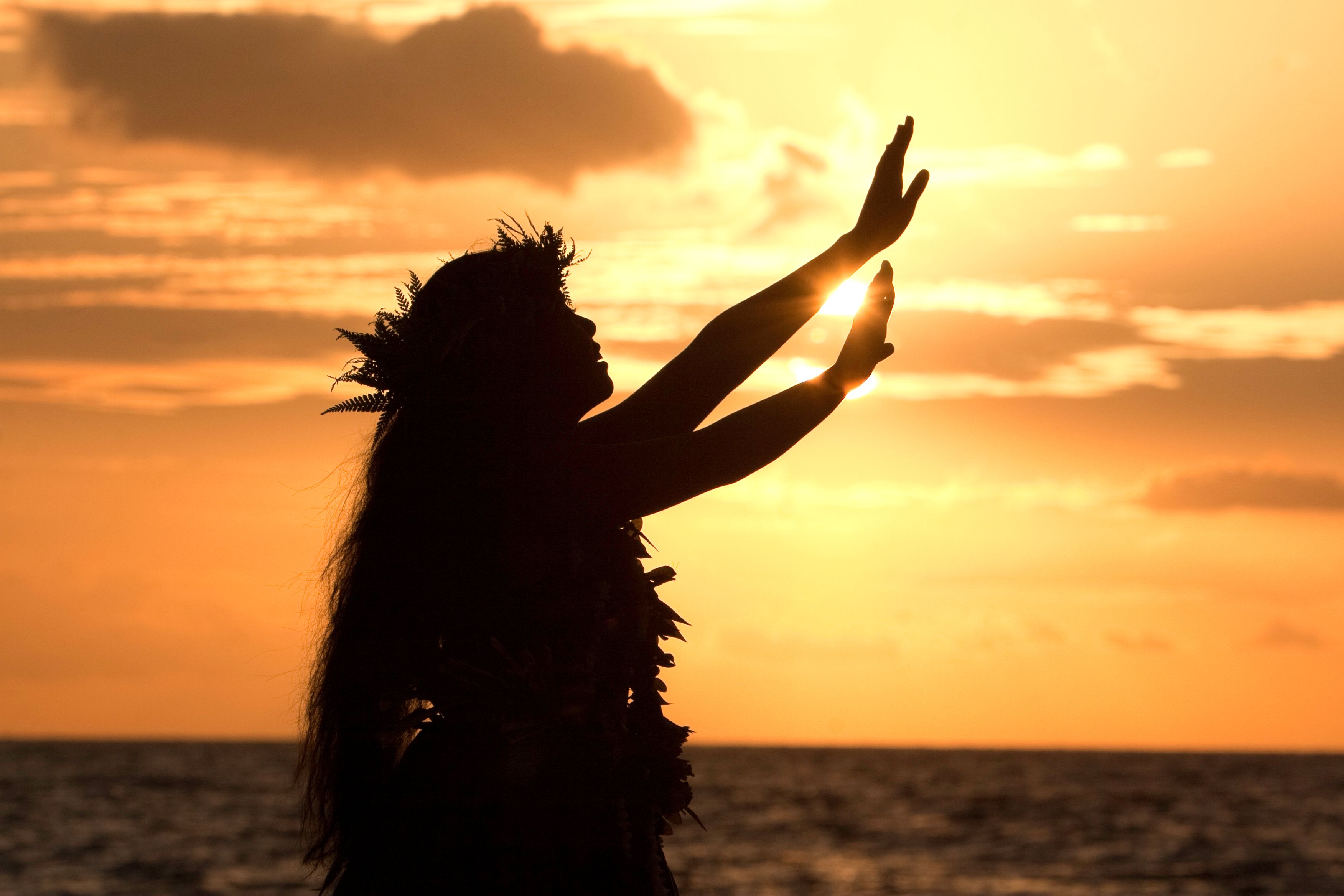Studying Hawaiian Kingdom Laws: A Step-by-Step Guide
Introduction to Hawaiian Kingdom Laws
Understanding the legal framework of the Hawaiian Kingdom offers insight into the unique historical and cultural context of Hawaii. These laws, established before Hawaii became a part of the United States, reflect a blend of indigenous governance and Western influences. Studying them can enrich one's appreciation of Hawaii's rich history and complex legal evolution.

The Historical Context
The Hawaiian Kingdom was established in the early 19th century, with a legal system that was significantly influenced by the British and American legal traditions. The Kingdom's laws governed everything from land ownership to civil rights, shaping the lives of its citizens long before annexation by the United States in 1898.
At its peak, the Kingdom's legal code was a comprehensive body of laws addressing issues such as property rights, commerce, and governance. Understanding this context is essential for anyone studying Hawaiian Kingdom laws.
Primary Sources and Resources
When studying Hawaiian Kingdom laws, primary sources are invaluable. These include the original legal documents, such as the Constitution of 1840, subsequent amendments, and various legislative acts. Accessing these documents can often be done through archives or digital libraries specializing in Hawaiian history.
- The Hawaiian Historical Society provides access to many primary documents.
- University libraries often hold digitized versions of important legal texts.
- Online databases may also offer translations and interpretations.

Analyzing Legal Texts
Once you've gathered your resources, the next step is analyzing the legal texts. This involves understanding the language used during that period, which may differ significantly from modern legal terminology. It's beneficial to have a legal dictionary from the 19th century to assist with this process.
Pay attention to how laws reflect societal values and priorities of the time. Look for patterns in legislative changes that may indicate shifts in political power or social structure.
Consulting Experts
Engaging with historians and legal experts can provide deeper insights into Hawaiian Kingdom laws. Many universities offer courses or lectures on Hawaiian history and law, which can be invaluable for expanding your understanding.
Networking with professionals and attending related seminars can also enhance your study experience. Experts can offer perspectives that might not be immediately apparent when reading legal documents alone.

Practical Application
Studying Hawaiian Kingdom laws is not only an academic exercise but also has practical applications. For instance, understanding historical land ownership laws can be crucial for modern-day legal proceedings in Hawaii. Furthermore, these laws can inform contemporary discussions on sovereignty and indigenous rights.
This knowledge can empower individuals advocating for Hawaiian cultural preservation and legal recognition within broader societal frameworks.
Conclusion
The study of Hawaiian Kingdom laws is a journey into a unique legal landscape shaped by both indigenous traditions and foreign influences. By immersing yourself in this study, you gain not only historical knowledge but also a greater appreciation for Hawaii's cultural heritage.
Whether you're a student, historian, or legal enthusiast, exploring these laws offers valuable insights into the past and how it continues to influence present-day Hawaii.